Supreme Court Uzbekistan
The Supreme Court of Uzbekistan is the highest judicial body in the country and is responsible for overseeing the judicial system, ensuring the interpretation and application of laws in accordance with the Constitution of Uzbekistan.
Key Features of the Supreme Court of Uzbekistan:
Establishment and Constitution:
- The Supreme Court of Uzbekistan was established after the country gained independence in 1991 following the collapse of the Soviet Union.
- The Court operates under the Constitution of Uzbekistan, which provides the legal framework for its functions and powers.
Composition:
- The Supreme Court is composed of judges who are appointed by the President of Uzbekistan with the approval of the Oliy Majlis (the country's parliament).
- The number of judges is not fixed but is typically 15 to 17 judges, including the Chief Justice.
- Judges serve 5-year terms, and they can be reappointed for additional terms.
Jurisdiction:
- The Supreme Court holds the highest appellate jurisdiction in the country. It hears appeals on significant cases from lower courts and ensures the uniformity of judicial practice across Uzbekistan.
- It has the authority to review decisions made by lower courts to ensure they comply with the law and the Constitution.
- The Court also has the authority to issue interpretations of laws, particularly in cases where the law is ambiguous or unclear.
Functions:
- Judicial Review: The Supreme Court has the power to review the constitutionality of laws and legal acts issued by the executive and legislative branches.
- Final Court of Appeal: It serves as the final court for civil, criminal, and administrative cases, ensuring that there is no further appeal after its decision.
- Supervision of Lower Courts: The Court ensures the proper functioning of lower courts, including regional courts, by overseeing their work and issuing guidelines.
- Disciplinary Control: The Supreme Court also plays a role in maintaining discipline among judges and court officials and ensuring their compliance with ethical standards.
Role in Legal Reforms:
- The Supreme Court plays a significant role in Uzbekistan’s ongoing judicial reforms, including efforts to modernize the legal system and ensure the protection of human rights.
- It has been involved in promoting rule of law and making reforms related to fair trials, independent judiciary, and anti-corruption measures.
Case Law and Precedents:
- While Uzbekistan does not have a formal system of judicial precedent like some common law countries, decisions from the Supreme Court are highly influential and serve as guidance for lower courts in similar cases.
- The Court’s interpretations are considered authoritative and help shape the direction of the country’s legal system.
Public Access and Transparency:
- Information about the Supreme Court's decisions is generally available to the public, but access to hearings and other proceedings may be limited depending on the nature of the case.
- The official website of the Supreme Court provides access to rulings, legal documents, and news related to the judiciary.
Location:
- The Supreme Court of Uzbekistan is located in the capital city, Tashkent, where it holds its sessions and conducts its judicial work.
Chief Justice:
- The Chief Justice of the Supreme Court holds significant responsibility for overseeing the work of the entire judiciary in Uzbekistan. This person is appointed by the President and plays a key role in reforming and modernizing the legal system.
Recent Developments:
- In recent years, Uzbekistan has undergone a series of legal reforms to improve the functioning of its courts and to protect citizens’ rights.
- The government has sought to increase judicial independence, improve access to justice, and enhance the overall effectiveness of the legal system, with the Supreme Court playing a central role in these efforts.

















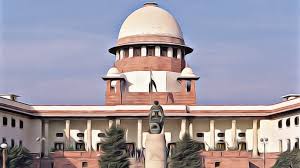

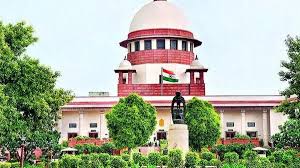









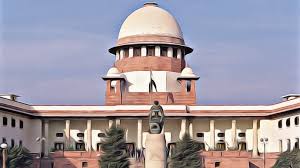




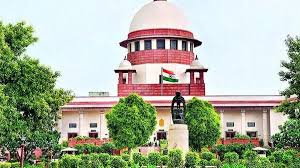




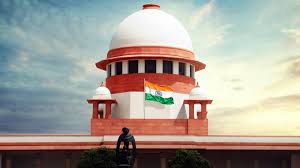



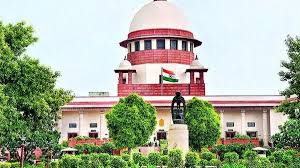


















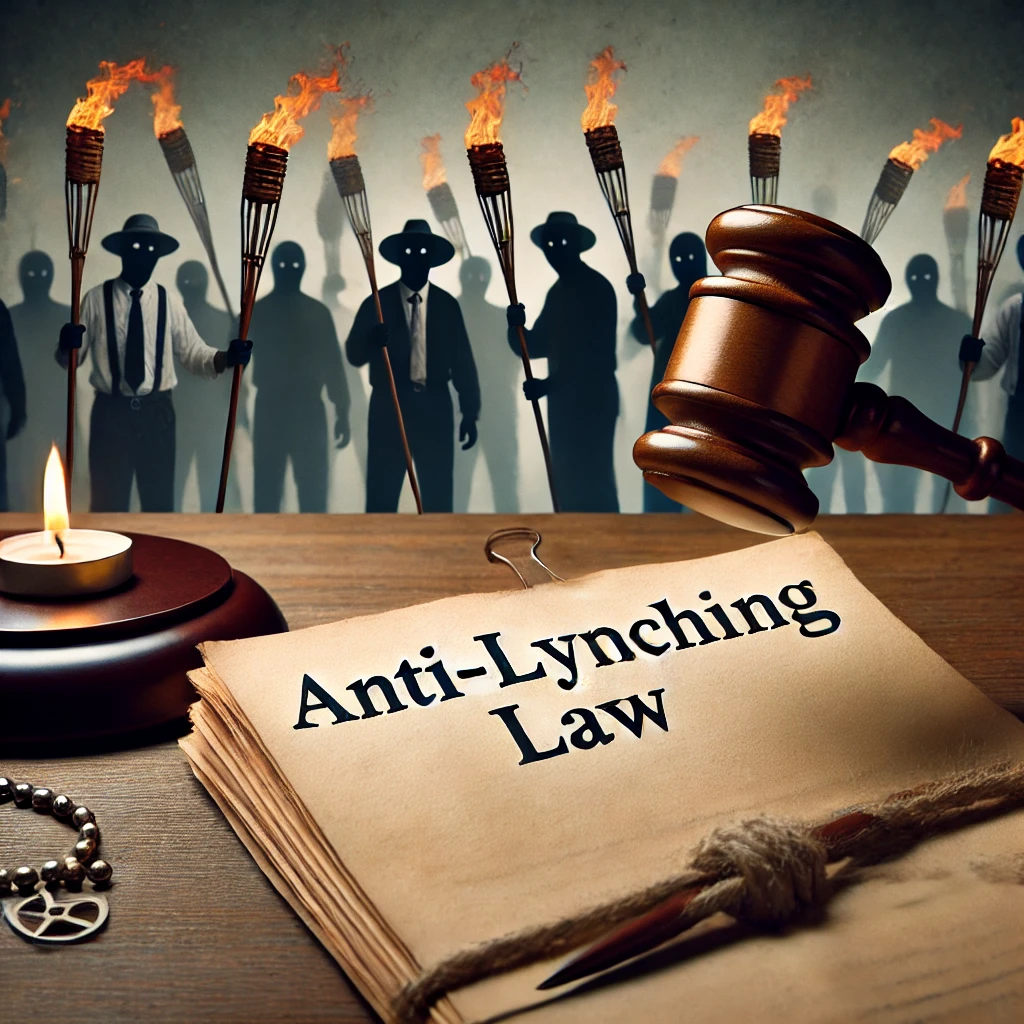
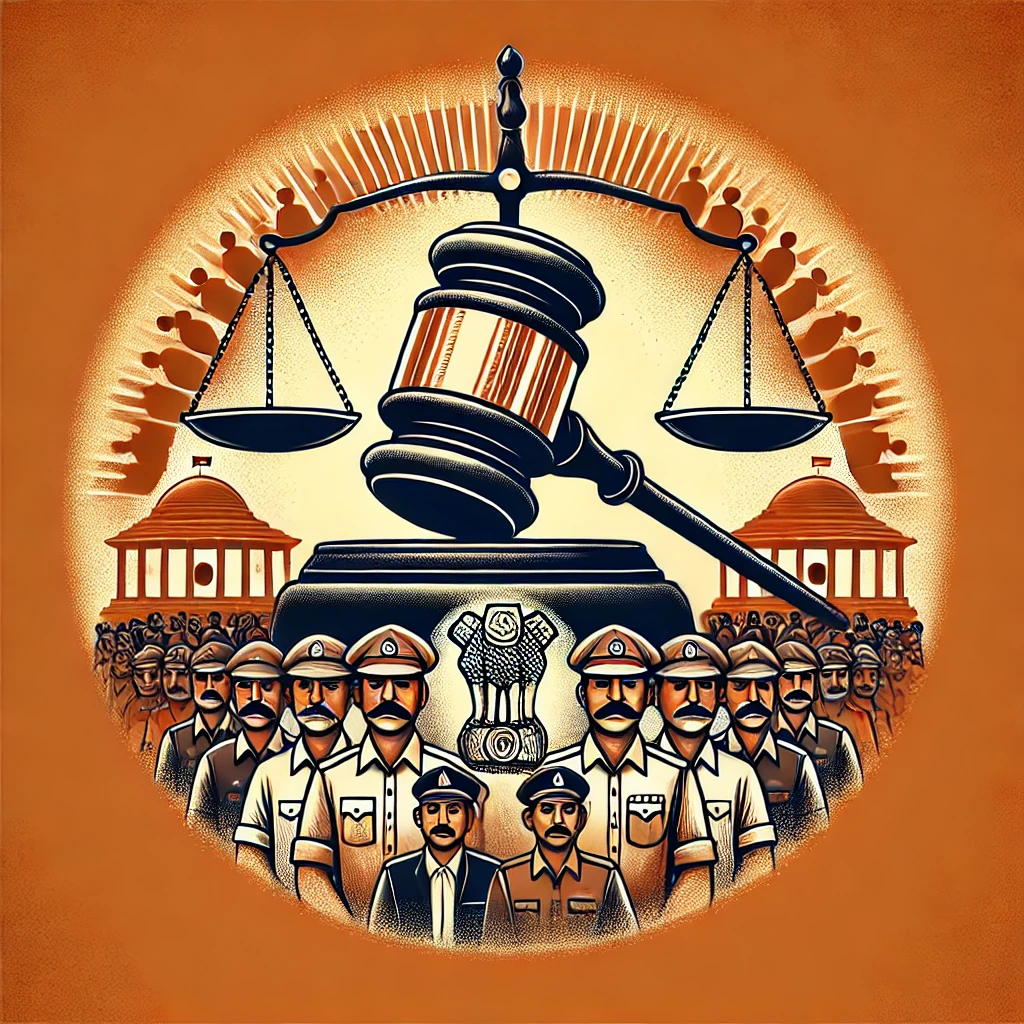


















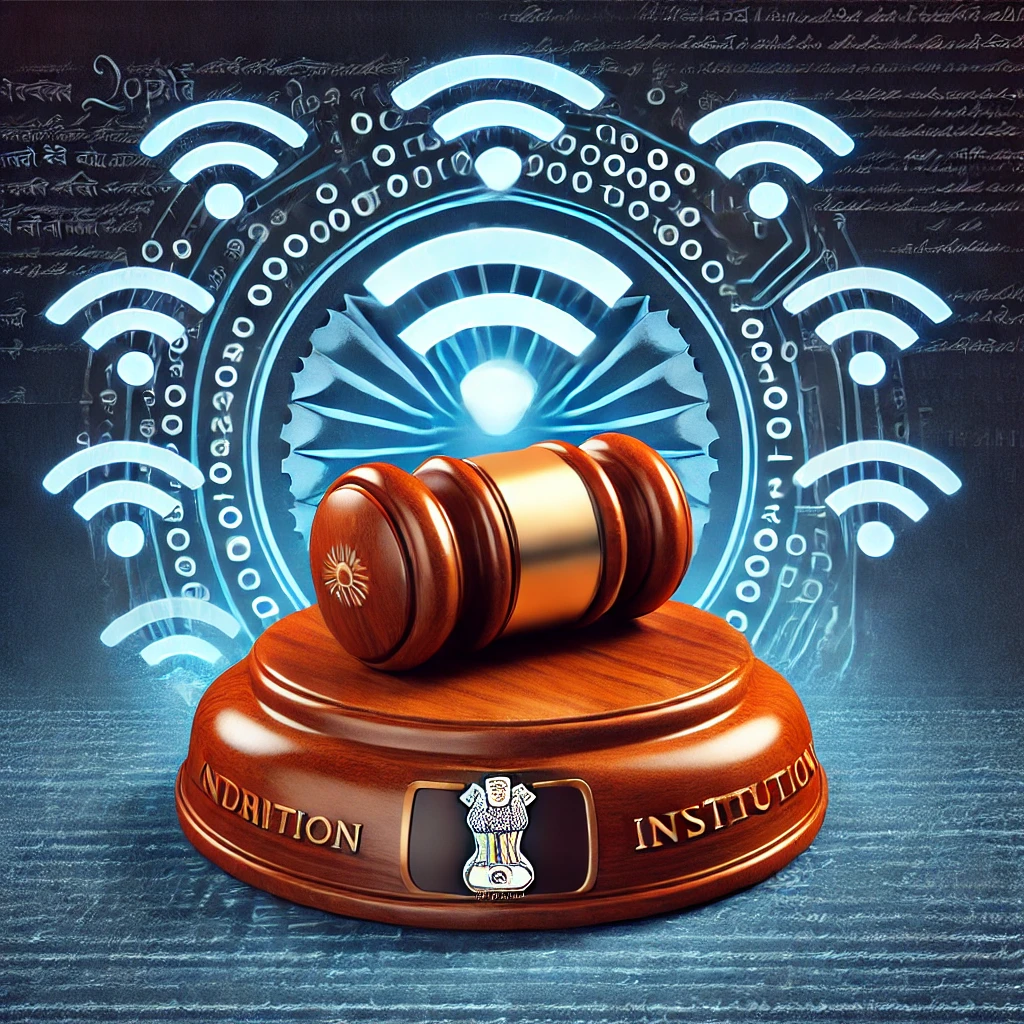


































































































































































































































































































































0 comments